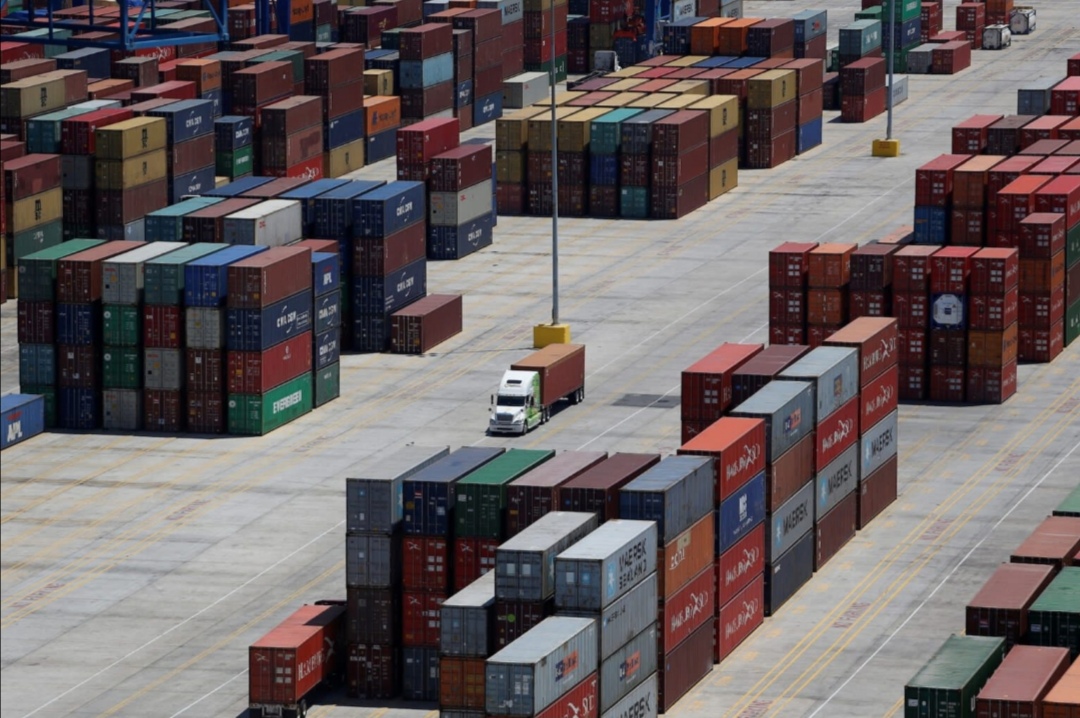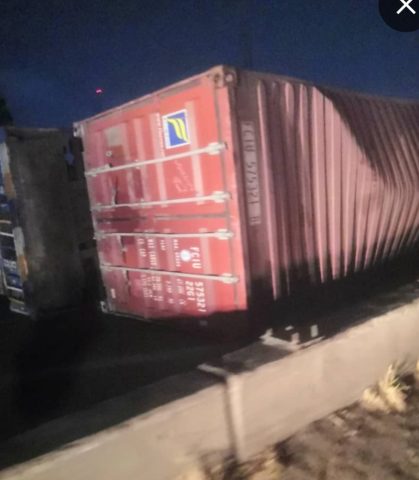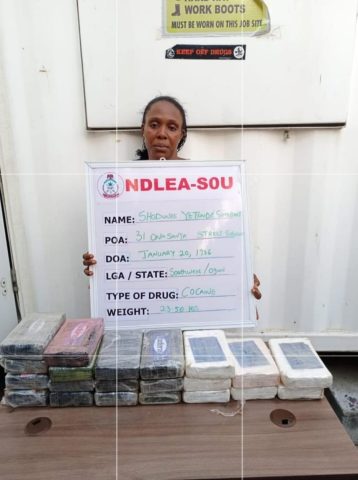The Nigeria Customs Service (NCS) has automated the clearance process for overtime cargoes and extended the deadline to 120 days to facilitate trade.
Comptroller General of Customs, Bashir Adeniyi,made this known on Monday, 15 September, 2025 during a sensitisation programme on the automation of the overtime cargo clearance system for stakeholders in Lagos, he said the extension would improve the ease of doing business across the country.
According to NAN, the stakeholders include consignees, brokers, terminal operators, and customs officers in Zone ‘A,’ Lagos.
Adeniyi, said the automation would address delays linked to abandoned consignments and cut down the number of requests for clearance extensions, which currently account for almost half of the correspondence his office receives each day.
“We have created a help desk at the headquarters to prioritise clearance of project cargoes belonging to government agencies,” he said.
“Importation is critical to Nigeria’s economic development, and our goal is not just to generate revenue but to ensure goods reach their owners quickly and efficiently.”
The comptroller-general added that less than one percent of cargoes arriving at Nigeria’s ports in 2024 were classified as overtime, expressing optimism that the new system would reduce the figure to zero.
He also assured stakeholders of continuous sensitisation to ensure smooth adoption of the process and urged terminal operators, shipping companies, and clearing agents to provide feedback for further improvement.
He also noted that while some consignments were deliberately abandoned, others suffered delays due to network challenges.
“The overtime cargo automation programme is fully developed and ready for deployment,” he said.
“This sensitisation is to ensure all stakeholders, terminal operators, shipping companies, and agents, understand the system and work together for success.”
On his part, Isah Umar, assistant comptroller-general of customs, said the e-clearance system would simplify procedures, enhance transparency, reduce human interference, and strengthen data integrity for imports and exports.
Umar added that the system would automatically record cargo disposals and harmonise documentation through the single goods declaration (SGD).
Aliyu Abdulkadir, chief superintendent of customs, said the Nigeria Customs Service Act 2023 provides that overtime cargoes are subject to disposal after 120 days, while perishable and inflammable items may be disposed of immediately through e-auction or other approved means to prevent accidents.
Another speaker, Ibrahim Muhammed, assistant comptroller of customs, said cargoes are classified as overtime after 30 days, with clearance escalated from the area controller to the zonal level, and finally to headquarters if unresolved within the stipulated period.
Muhammed further stressed that the system offers a transparent, efficient, and accountable framework for managing overtime consignments.
The zonal coordinator of Zone ‘A,’ Muhammed Babadede, described NCS as the most digitalised customs administration in West and Central Africa, commending Adeniyi for driving reforms through automation.





